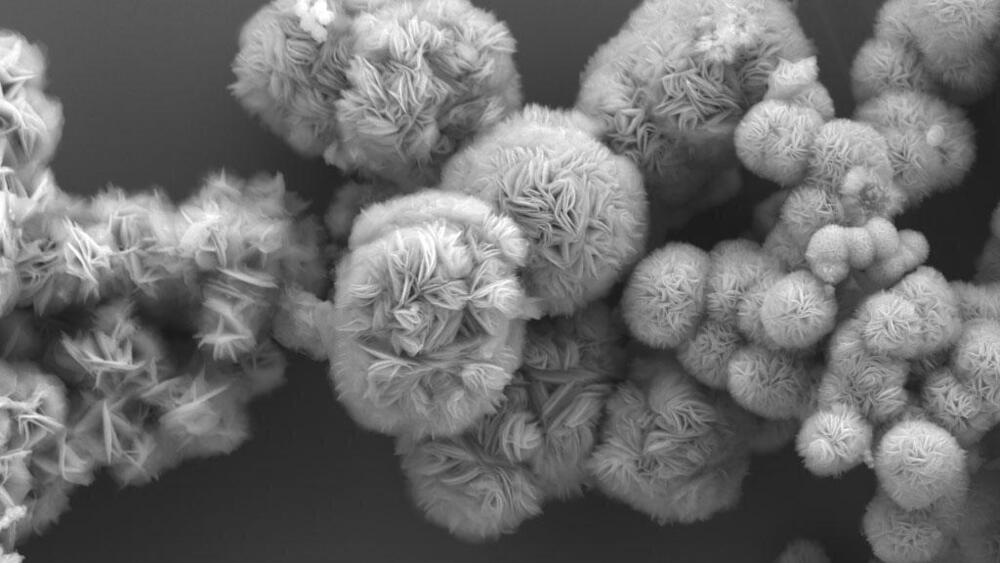The secret to a perfect croissant is the layers—as many as possible, each one interspersed with butter. Similarly, a new material with promise for new applications is made of many extremely thin layers of metal, between which scientists can slip different ions for various purposes. This makes them potentially very useful for future high-tech electronics or energy storage.
Until recently, these materials—known as MXenes, pronounced “max-eens”—were as labor-intensive as good croissants made in a French bakery.
But a new breakthrough by scientists with the University of Chicago shows how to make these MXenes far more quickly and easily, with fewer toxic byproducts.
